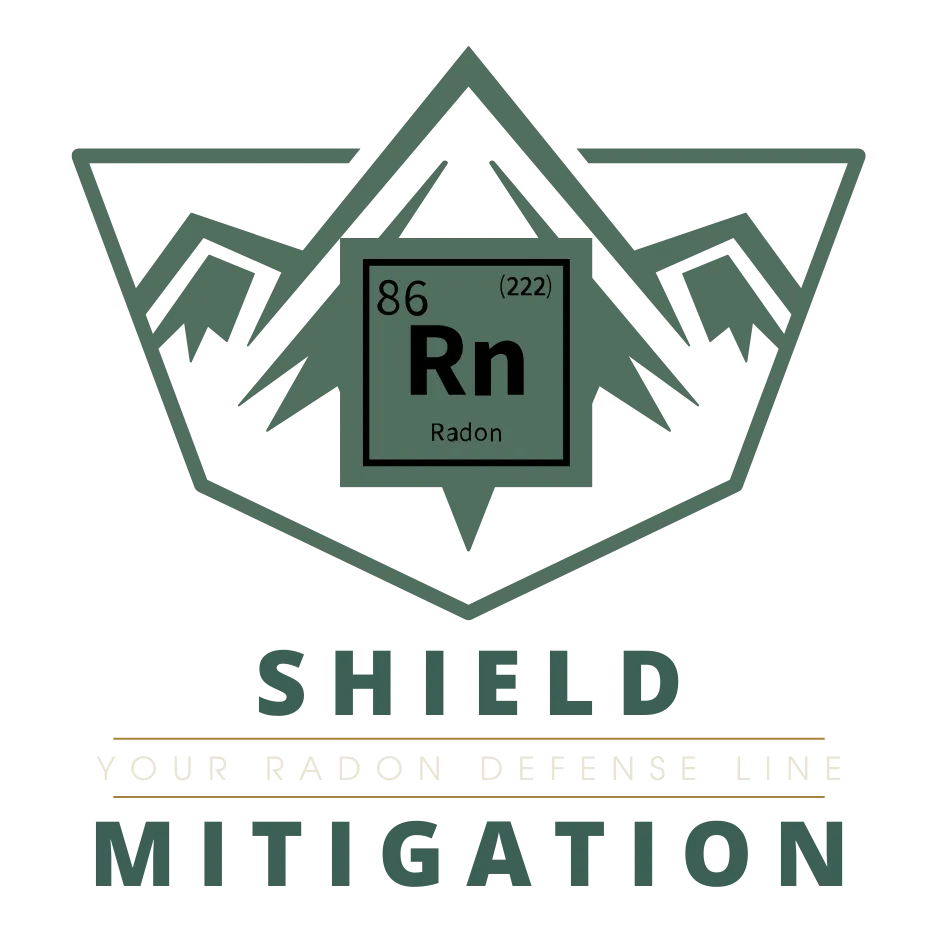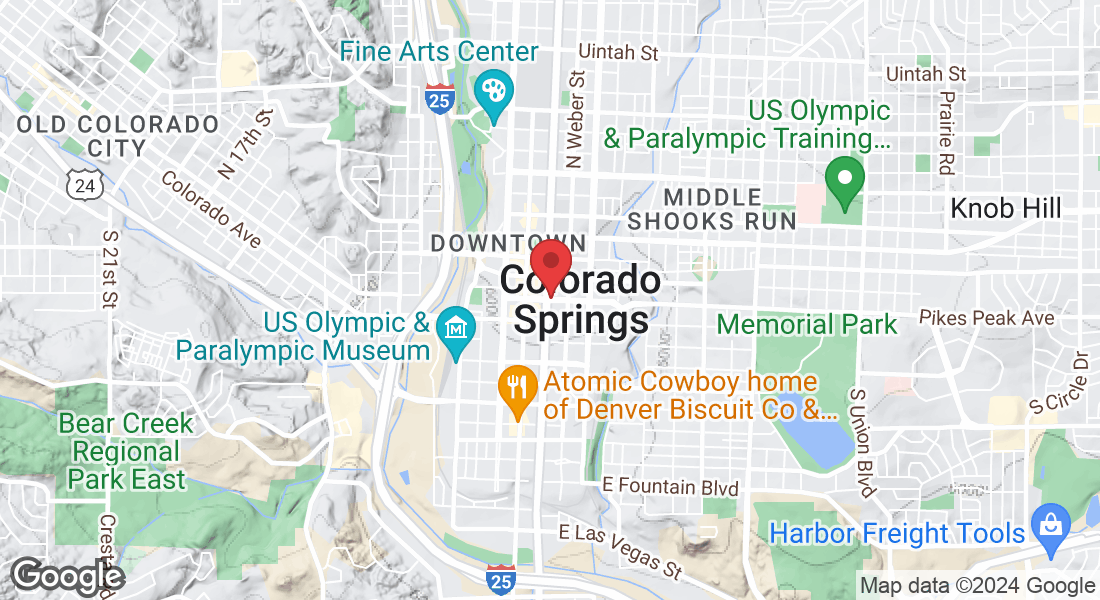Shield Mitigation
Service Areas
By testing for radon, Colorado residents can take a crucial step in safeguarding their health and making informed decisions about their living environment. If elevated levels are found, professional mitigation services can effectively reduce radon concentrations, ensuring a safer home for you and your loved ones.
Immediate Service Areas
Zip Codes:
80809, 80810, 80813, 80814, 80816, 80817, 80819, 80820, 80827, 80829, 80831, 80832, 80833, 80840, 80841, 80860, 80863, 80864, 80866, 80901, 80902, 80903, 80904, 80905, 80906, 80907, 80908, 80909, 80910, 80911, 80912, 80913, 80914, 80915, 80916, 80917, 80918, 80919, 80920, 80921, 80922, 80923, 80924, 80925, 80926, 80927, 80928, 80929, 80930, 80931, 80932, 80933, 80934, 80935, 80936, 80937, 80938, 80939, 80941, 80942, 80944, 80946, 80947, 80949, 80950, 80951, 80960, 80962, 80970, 80977, 80995, 80997, 81001, 81002, 81003, 81004, 81005, 81006, 81007, 81008, 81019, 81022, 81023, 81025, 81039, 81062, 81069
Advanced Scheduling
Zip Codes:
80001-80007 80010-80046 80101-80107 80109-80137 80150-80155 80160-80166 80201-80246 80247-80262 80264-80266 80271-80281 80290-80299 80301-80322 80328-80329 80336-80337 80401-80498 80510-80612 80614-80654 80701-80759 80801-80807 80808, 80811-80812, 80815, 80818, 80821-80826, 80828, 80830 80834-80839, 80842-80859, 80861-80862, 80865, 80867-80870 81009-81015, 81020-81021, 81024, 81026-81038, 81040-61 81063-81068, 81070-81090, 81101-81155, 81157 81201-81252, 81301-81329, 81401-81435, 81501-81527 81601-81658

Colorado residents should test for radon for several important reasons:
High-Risk Area: Colorado is considered a Zone 1 state by the EPA, meaning it has the highest potential for elevated radon levels. The unique geology of the Rocky Mountains and the surrounding areas contributes to higher concentrations of uranium in the soil, which naturally decays into radon gas.
Health Hazard: Radon is the second leading cause of lung cancer after smoking and the number one cause among non-smokers. Long-term exposure to elevated radon levels significantly increases the risk of developing lung cancer.
Invisible Threat: Radon is odorless, colorless, and tasteless, making it impossible to detect without proper testing. Your home could have dangerous levels of radon without you even knowing it.
Variable Levels: Radon levels can vary greatly from home to home, even in the same neighborhood. The only way to know if your home has high radon levels is to test.
Elevation Factor: Colorado's high elevation can contribute to increased radon concentrations in buildings due to lower air pressure, which allows more radon to enter from the soil.
Building Materials: Some building materials used in Colorado homes may contain trace amounts of uranium, potentially contributing to indoor radon levels.
Energy-Efficient Homes: Many modern Colorado homes are built to be energy-efficient, which can inadvertently trap radon gas inside, leading to higher concentrations.
Seasonal Variations: Colorado's climate can cause radon levels to fluctuate seasonally, with potentially higher levels during colder months when homes are more tightly sealed.
Real Estate Considerations: Radon testing is often required or recommended during real estate transactions in Colorado, making it a valuable investment for homeowners.
Peace of Mind: Testing for radon and addressing any issues can provide peace of mind, knowing that you're protecting your family's health and well-being.
DON'T WAIT. SCHEDULE A TEST TODAY.

Services
Custom Radon Mitigation Installs
Professional Radon Testing
Crawl Space Encapsulation
Sump Pump Maintenance
Sump Pit Inspection
Radon Monitoring
Our Company
About Us
Coupons
Press Release
Blog
Terms of Use
Privacy Policy
Contact us now at
719.204.5186
Or fill out our online form to book your radon test and claim your free consultation. Your peace of mind is just a click away.
Copyright © 2035 Shield Mitigation. All rights reserved

